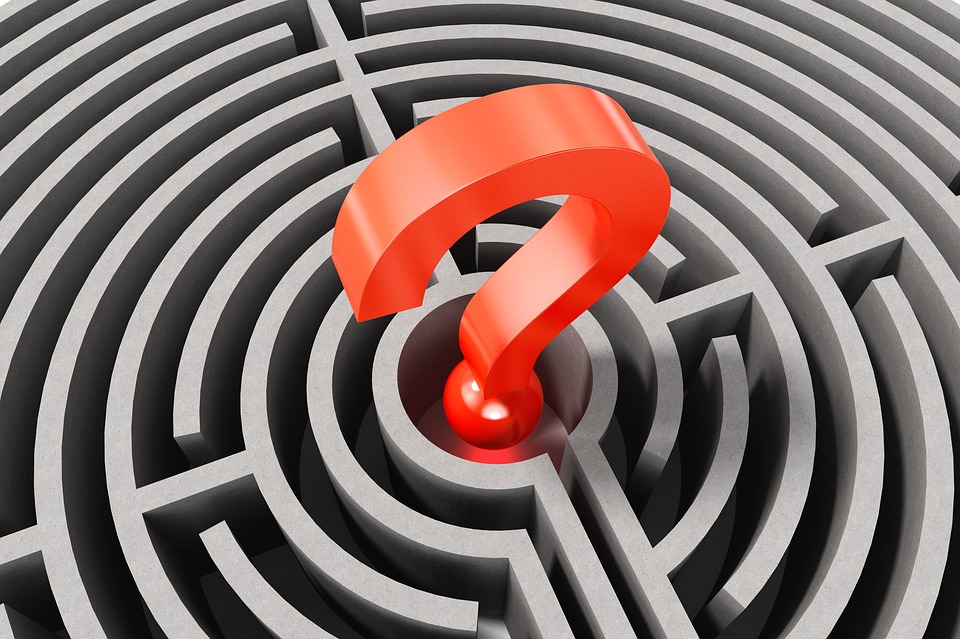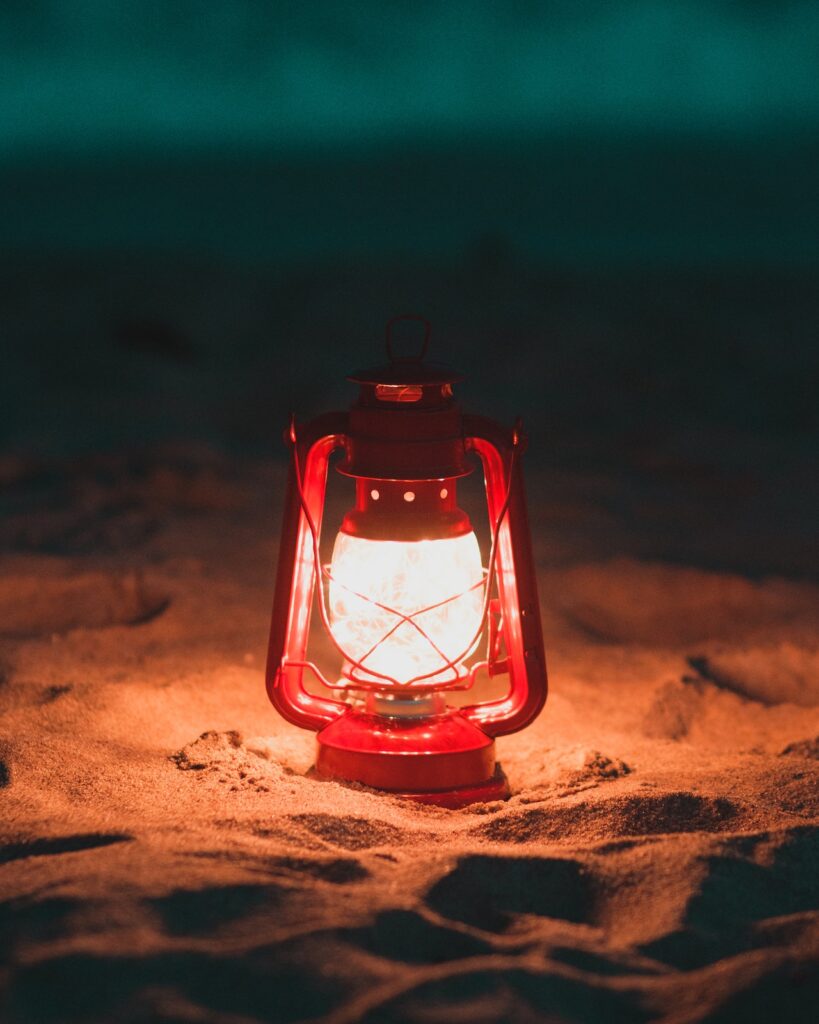So in this article I’m mainly going to be talking about the insights provided by Andrew Huberman in two of his podcast episodes about sleep and alertness and how that relates to my personal daily routine and how you can benefit from applying some of this.
As I talked about in other articles, having good sleep day after day is very important. I usually talk about how sleep relates to better results in the gym but this time I’m focusing more on the productivity side of things.
The summary
My interpretation of these two podcast episodes is this:
you have some tools that help you get “sleepy” and some tools that help you get more “awake”.
It is the consistent use of these tools, at the right time of day, that overtime will get you a good nights sleep and productive days without getting sleepy.
Body position:
So for example being laying down helps you get more sleepy and being on your feet is the opposite, while being seated maybe somewhere in the middle
Even while seated there are ways to be less sleepy, for example if you are on the computer you can have the monitor higher up instead of lower in your vision. That helps you to stay more alert.
Movement:
So being still helps you get more sleepy and moving helps you get more awake.
So for example if you want to be more awake you go take a walk or if you have difficulty falling a sleep try to have your “moving activities” (physical exercise, chores etc…) further away from your sleep time.
Light:
So more intense light and/or more blue/natural light will help you get more awake.
And the opposite is true: less intense and more reddish light will help you get more sleepy.
So if you struggle during the day to stay awake (assuming you are sleeping a sufficient amount) then try to get more sunlight and/or more bright/blue artificial light during working hours.
That being said, an important note about light is this:
Huberman talks about some sensors in your eyes that detect natural light and that process helps the body to know when to be a sleep/when to be awake (aka circadian rhythm).
But!
That works a LOT better if you are receiving actual sunlight in your eyes.

So you being outside without glasses just looking around (even if there are clouds blocking the sun) is multiple times better than you being inside your house looking outside through a window.
For more details just watch the two episodes.
Other tools:
So those 3 where the ones that stuck with me the most but he also talks about how you can optimize your macro nutrient (proteins, carbs and fats) intake and meal timing to be more productive
However,
when it comes to food there is a danger of complicating things, for example:
if you have some physical goal, like gaining 2% of weight a month, then trying to optimize your nutrition for a bunch of things at the same time like: the diet needs to be high in calories (so you can more easily gain weight without stuffing your mouth), it needs to have a particular focus on 2 or 3 micro nutrients (like magnesium or some other stuff because you have deficiencies in those) and at the same time being in the way Huberman recommends (in terms of optimizing the types of foods and timing of meals for better productivity).
While not disagreeing on his advice, if you try to implement all of this stuff at the same time it gets really complicated really fast.
And this is same in other areas.
If you are trying to build the most amount of muscle in the most efficient way, but at the same time are trying to optimize the timing of your workouts for better productivity, just understand it’s more complex.
It can be done, but my suggestion to you is that you just focus on one thing at a time.
Don’t get overwhelmed by all of this advice and just because your nutrition and training aren’t theoretically optimized doesn’t mean that you are doing something wrong.
Simplicity has a lot of advantages.
KISS- Keep It Simple Stupid

Behaviour First Supplements Last
So has Huberman mentions it’s important to start first on getting your behaviour/habits right first and only as the last step thinking about supplements.
So let’s talk habits
Let me say what I’ve implemented and the changes I’ve made based on Huberman’s recommendations
Morning routine:
In my current morning routine, where I meditate 3 minutes, I now meditate “looking” outside (with my eyes closed but if you watch the podcast episodes Huberman explains that this still works) with the window open. Where has before I meditated with the window closed and not looking outside.
This is to get more sunlight expose early in the morning.
Sometimes, depending on the weather, I go and have breakfast outside.
Working environment:
In my usual place of work I’ve changed the lightbulb in my desk for a more bright one and always turn it on, even if there is “enough” light already in the room.
This is to help me stay more awake during the day.
Breaks:
So I usually take 15min breaks during around 2h blocks of work and now during those 15 minutes I make the effort to instead of just being on my phone checking stuff, I go and talk a walk, preferably outside.
So I’m moving and getting sunlight, both tools to help stay awake and more alert.
Night routine:
So my night routine didn’t change because of watching the two podcast episodes because it happen to already be more or less optimized.
Usually around 2h before bed I switch off the main lights in my room and just have one lamp switched on that has a dim and reddish light.
I also put my electronic devices with dimmer and more warm colours around that time (automatically).
Then around ~30 minutes or so before I switch of the light and go to sleep I lay down on my bed and read. So laying down vs sitting help to be more sleepy as I said previously.
So all of this is already more or less following the basic logic of the tools discussed before.

Practical Example
So I started to research these topics because there was one specific time that I started to feel sleepy during the day even thou my sleep schedule and exercise routine stayed the same. I couldn’t figure out why.
Looking back the big difference was my working environment.
In the span of few days I went from working in the office buildings where from around 2h I went outside and changed places and walked from home to there every morning (so movement and sunlight) to working from home.
And working from home, in the days where I didn’t go to the gym, I didn’t go outside, didn’t really move and didn’t catch sunlight. On top of that the light in my room that the time was less bright and more reddish.
These changes probably caused my circadian rhythm to change.
And it can be explained with the stuff Huberman talks about.
Conclusion
Use light, movement and body position to regulate your sleepiness and alertness.
Be mindful of your circadian rhythm and how it affects your daily life.
If you feel sleepy during the day and/or have difficulty falling asleep watch the two podcast episodes and take action on the advice provided.
